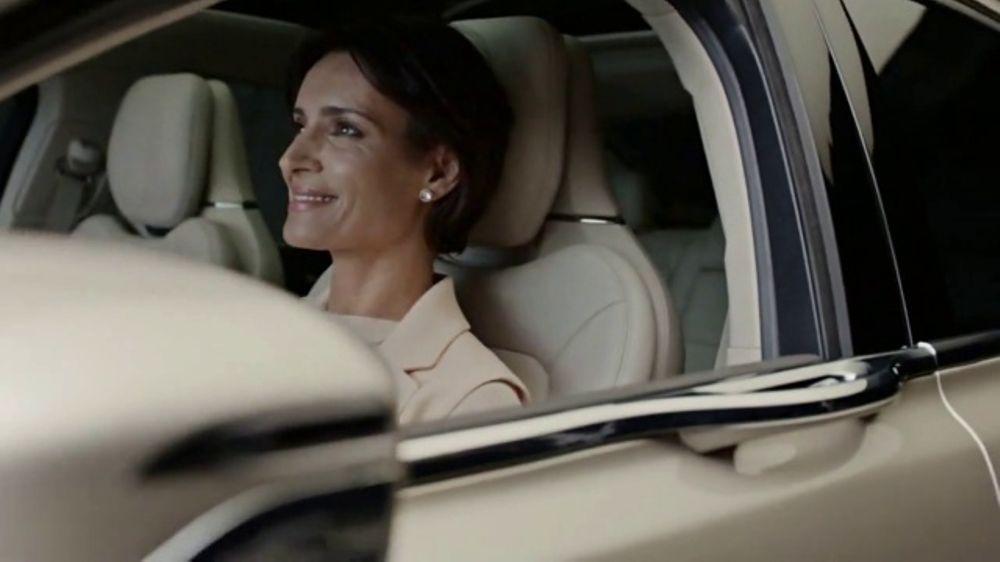One of the most remarkable trends in global automotive sales over the past two years has been the growing popularity of luxury vehicles, and as dealerships gear up for the end of the calendar year and the holiday sales that typically accompany it, many are hoping that sales in luxury vehicles will contribute to a strong end to the year.
But what is driving this interest in luxury brands? As with any other widespread economic phenomenon, there are a variety of factors driving interest in luxury vehicles, but according to industry experts, these are the three most significant:
1. Value
There is a common misconception among some sectors of the car-buying public that luxury vehicles are simply a matter of conspicuous consumption: people only buy a Lincoln or a Lexus to show other people that they can afford to buy a Lincoln or a Lexus.
What this misconception overlooks is the fact that most luxury cars today are designed to offer the best possible value. When you purchase a new Continental from a dealership like Colony Lincoln you aren’t just getting a comfortable, well-designed car: you are also getting the latest tech and safety options, and one of the best-engineered cars on the road.

2. Less Depreciation
Anyone who is familiar with the auto market knows that a car is never an investment: the second you drive a new vehicle off the lot, its value starts to go down.
While this is also true of luxury vehicles, it is not true to quite the same extent: a luxury car will also decrease in value by as much as 50% over the first year you own it, but it will depreciate much less than a non-luxury car in the years to come. This means that if you drive your luxury vehicle for five years, you will be able to recoup more on a Navigator than you would on an Expedition when the time comes to you sell or trade it in.
3. Millennials
There has been no shortage of headlines over the past decade excoriating Millennials for their reluctance to make traditional big-ticket purchases, but in recent years it has become clear that this may have been more a result of the arrested development caused by the global financial crisis than a matter of taste.
In fact, new research suggests that Millennials — and in particular, Millennial women — may be responsible for a significant number of luxury automobile purchases. This cuts against the grain of industry orthodox (historically, affluent men are the biggest luxury car buyers), but it speaks to wider demographic shifts: many Millennial women are highly educated, and as they enter the workforce as lawyers, physicians, entrepreneurs and businesspeople, a luxury vehicle may be a way for them to signal their new status.
No one knows how long this spike in upmarket car sales will last, but one thing is clear: as 2018 comes to a close, thousands of shoppers are heading to local dealerships looking for a great deal on a new car. And if the past two years are anything to go by, the car they are looking for will be a luxury model.


